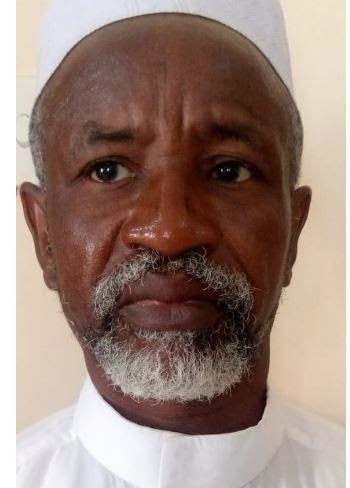Abstract
This study examines the interplay between Foreign Policy and Diplomacy employed by African states during the decolonization period that spanned from 1950 to 1990. The research aims to analyze the effects of these strategies on the decolonization movement, with a focus on key objectives such as assessing the impact of pivotal events, including the Bandung Conference of 1955, and examining the roles of influential figures like Kwame Nkrumah, Julius Nyerere, and Gamal Abdel Nasser. It also evaluates the contributions of pan-African and regional cooperation, the Non-Aligned Movement, and human rights advocacy to the struggle for independence and the broader shift in global power dynamics during this period. The study adopts a qualitative methodology, relying on an extensive review of extant literature, archival materials, and historical case studies. Comparative analysis highlights how African nations effectively leveraged diplomatic strategies to secure independence, promote unity, and assert themselves on the global stage. The findings reveal that African states played a pivotal role in reshaping international relations by championing self-determination, fostering solidarity, and advancing human rights, contributing significantly to the decolonization movement and the realignment of global power structures.
Keywords: Decolonization, Foreign Policy, Diplomacy, African States





